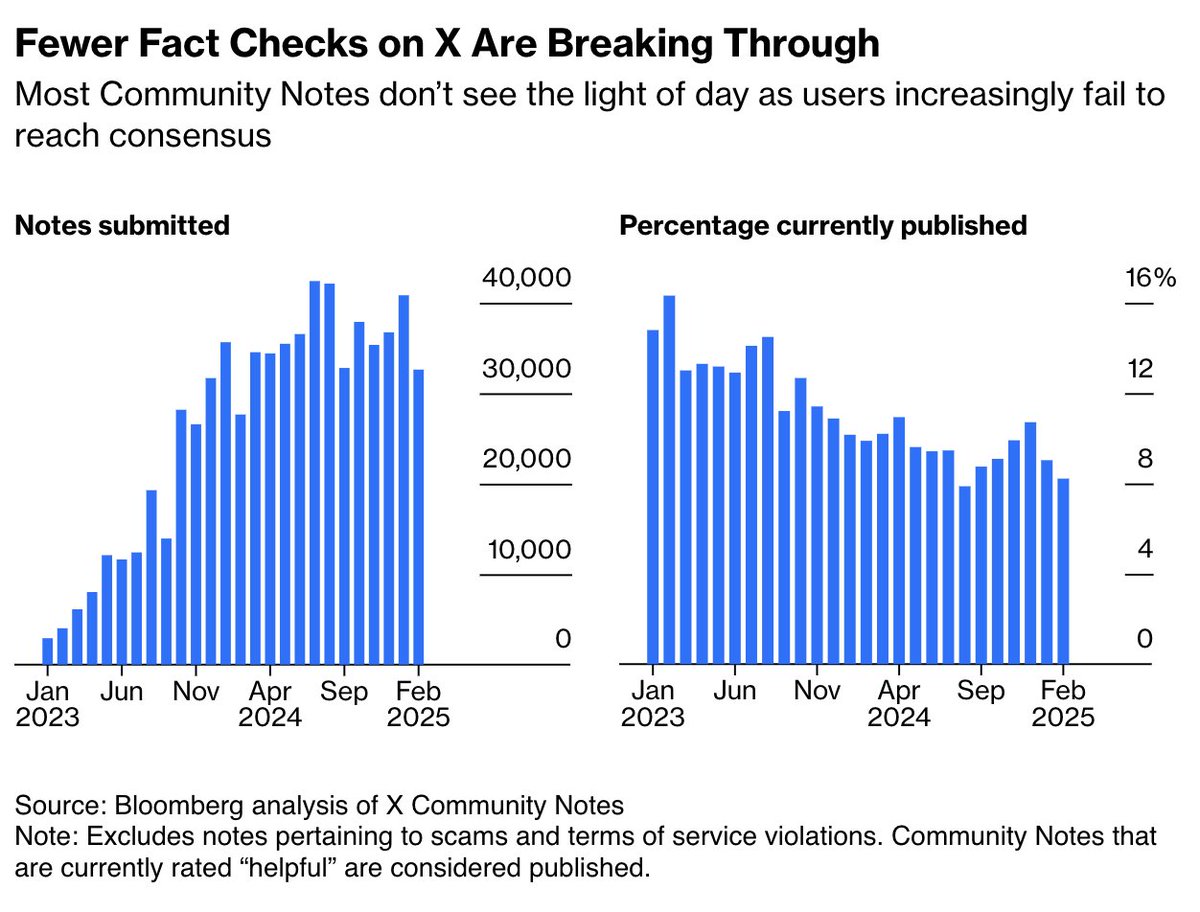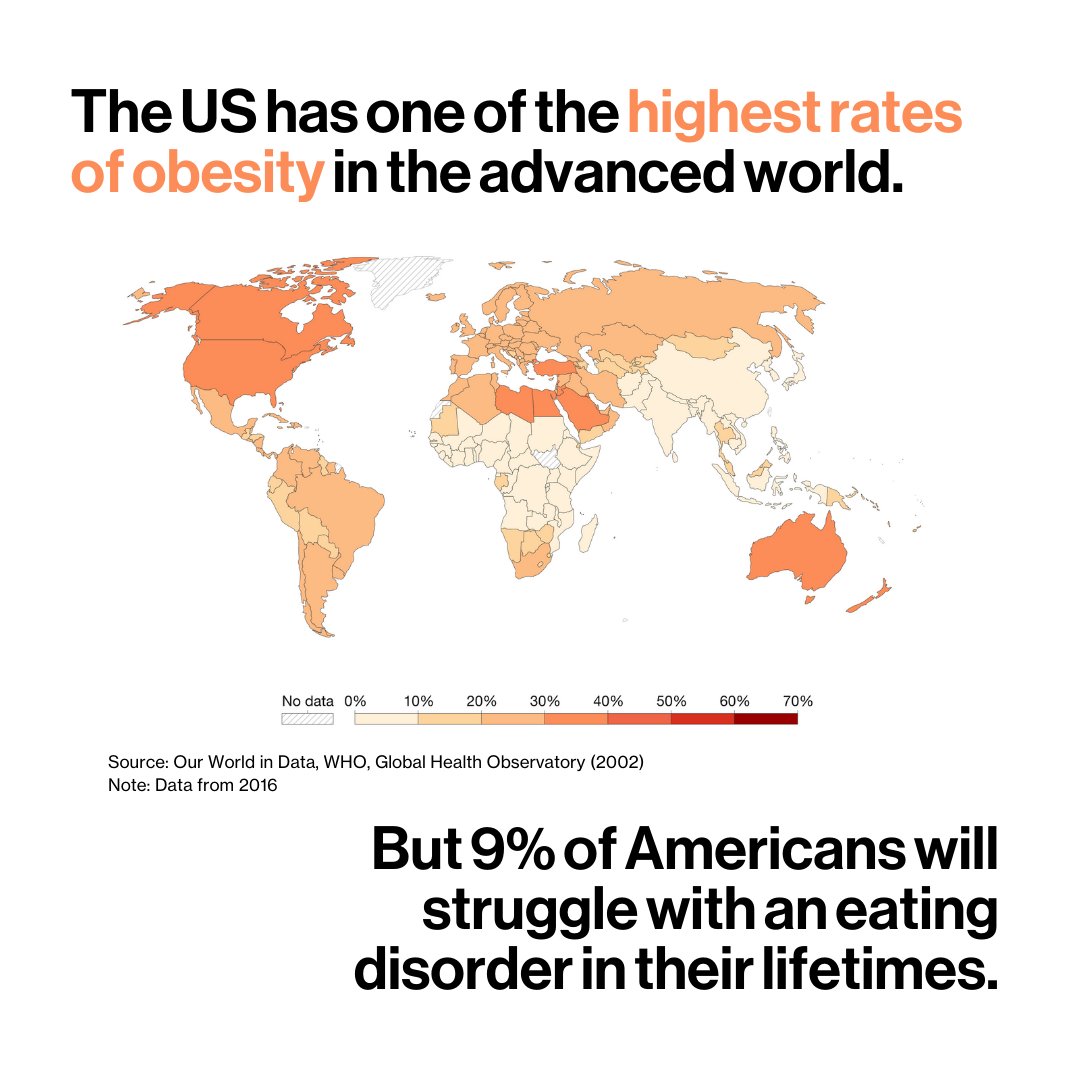The cost of feeding the world is the most expensive it’s been in years.
The FAO’s food price index, which tracks a basket of grains, vegetable oils, meat, dairy and sugar, rose to its highest level in a decade in May bloom.bg/3xRPgZa
The FAO’s food price index, which tracks a basket of grains, vegetable oils, meat, dairy and sugar, rose to its highest level in a decade in May bloom.bg/3xRPgZa
On the Chicago Mercantile Exchange, the prices of some commodities have soared including:
🌱Soybean oil
🍖Lean hogs
🛢Ethanol
🌽Corn
🌱Palm oil
☕️Coffee
🍭Sugar
Even the price of moving food around the world is surging bloom.bg/3xRPgZa
🌱Soybean oil
🍖Lean hogs
🛢Ethanol
🌽Corn
🌱Palm oil
☕️Coffee
🍭Sugar
Even the price of moving food around the world is surging bloom.bg/3xRPgZa

Food prices have always been cyclical, but there’s reason to believe the current disruptions won’t disappear immediately as the world returns to pre-pandemic norms.
Here’s why certain foods are going up in price bloom.bg/3xRPgZa
Here’s why certain foods are going up in price bloom.bg/3xRPgZa

Cooking oil: Indians, who have for millennia fried their samosas, parathas and dosas, are also the world’s largest importer of liquid vegetable fat.
The unhealthy dependence has come to bite over the past year bloom.bg/3xRPgZa
The unhealthy dependence has come to bite over the past year bloom.bg/3xRPgZa

Indigenous cooking mediums — mustard, groundnut, sesame and coconut oil — have all seen dramatic price increases following a 44% surge in their mostly imported substitutes:.
🇮🇩 🇲🇾Palm oil
🇦🇷🇧🇷🇺🇸Soybean oil
🇺🇦🇷🇺Sunflower oil bloom.bg/3xRPgZa
🇮🇩 🇲🇾Palm oil
🇦🇷🇧🇷🇺🇸Soybean oil
🇺🇦🇷🇺Sunflower oil bloom.bg/3xRPgZa

Reasons for skyrocketing prices range from food crops’ competing use in biofuels to floods in Malaysia, dry weather in Brazil and port-worker strikes in Argentina.
They’re threatening India with a second year of nutrition crisis bloom.bg/3xRPgZa
They’re threatening India with a second year of nutrition crisis bloom.bg/3xRPgZa

Corn: The price of food isn’t just determined by what you put on your plate.
Only about a quarter of U.S. corn gets turned into tacos, breakfast cereals, sweetcorn and popcorn. Some 40% is turned into ethanol, and another third is used for animal feed bloom.bg/3xRPgZa
Only about a quarter of U.S. corn gets turned into tacos, breakfast cereals, sweetcorn and popcorn. Some 40% is turned into ethanol, and another third is used for animal feed bloom.bg/3xRPgZa

Corn futures were at an eight-year high in May as booming demand for gasoline and animal feed, especially in China, crashed into droughts.
Brazil has been gripped by its worst drought in nearly a century, reducing crop forecasts by about 11 million tons bloom.bg/3xRPgZa
Brazil has been gripped by its worst drought in nearly a century, reducing crop forecasts by about 11 million tons bloom.bg/3xRPgZa

Dairy: New Zealand’s weekly whole milk powder auctions, a benchmark for the worldwide industry, peaked at $4,364 a metric ton in March, their highest level since 2014.
As in so many commodity markets, the reason is China bloom.bg/3xRPgZa
As in so many commodity markets, the reason is China bloom.bg/3xRPgZa

Rising incomes in China mean surging sales for products from cakes to bubble tea.
Such products are the most important driver of dairy demand. Even the U.S. consumes no more than about one-seventh of its dairy as liquid milk bloom.bg/3xRPgZa
Such products are the most important driver of dairy demand. Even the U.S. consumes no more than about one-seventh of its dairy as liquid milk bloom.bg/3xRPgZa

Pork: Last July, the price of pork in China surged 85.7% from a year earlier, helping to drive the overall inflation rate up 2.7%.
The most significant cause was an outbreak of African Swine Fever that wiped out as much as 60% of the country's hog herd bloom.bg/3xRPgZa
The most significant cause was an outbreak of African Swine Fever that wiped out as much as 60% of the country's hog herd bloom.bg/3xRPgZa

For decades, pork has had an outsize influence on Chinese dinner tables and politics.
Middle-class anxieties triggered by Chinese food inflation can slowly erode the credibility enjoyed by a government that's long delivered economically bloom.bg/3xRPgZa
Middle-class anxieties triggered by Chinese food inflation can slowly erode the credibility enjoyed by a government that's long delivered economically bloom.bg/3xRPgZa

Hunger: The cost of food imports, which feed four-fifths of the world, is expected to rise to $1.7 trillion this year.
The bill for emerging economies will jump by more than a fifth, compared to a 6% increase for wealthier countries bloom.bg/3xRPgZa
The bill for emerging economies will jump by more than a fifth, compared to a 6% increase for wealthier countries bloom.bg/3xRPgZa

At least 155 million people faced acute hunger last year — 20 million more than in 2019.
People do not just riot about food, and the starving rarely do so at all. But they do rise up against injustice that hampers their right to affordable nutrition bloom.bg/3xRPgZa
People do not just riot about food, and the starving rarely do so at all. But they do rise up against injustice that hampers their right to affordable nutrition bloom.bg/3xRPgZa

The human capital of developing nations has been battered.
Children have been kept out of school, with no credible online replacement. Add on the cost of malnutrition and you get weaker cognitive development and earning potential follow bloom.bg/3xRPgZa
Children have been kept out of school, with no credible online replacement. Add on the cost of malnutrition and you get weaker cognitive development and earning potential follow bloom.bg/3xRPgZa

• • •
Missing some Tweet in this thread? You can try to
force a refresh














